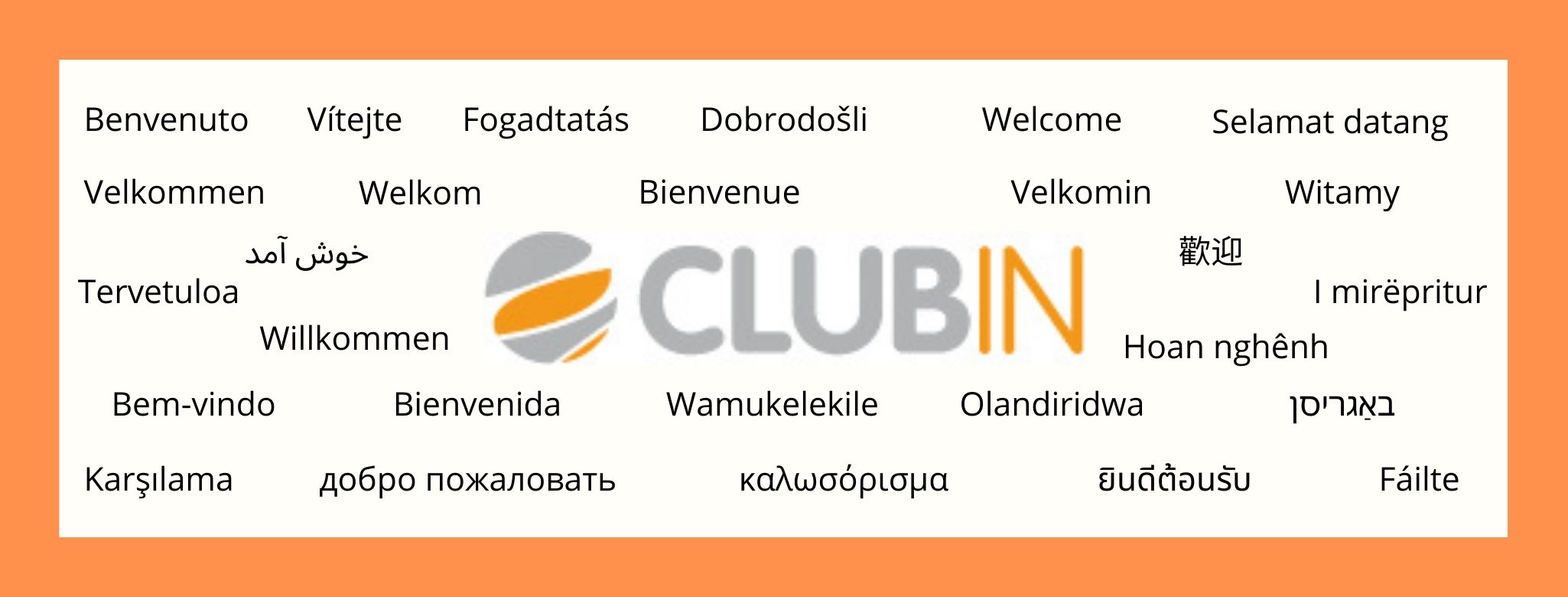By Agnieszka Biernacka
Translation: Anne-Hélène Jansen / Patricia Vasquez
I was in Berlin, on the way to the hotel from the airport, sitting in a taxi and talking to the taxi driver. I asked, “And, how is life in Berlin? Do you like it here?” After all, there are still nearly 50 kilometres ahead of us and I didn’t want to remain silent the whole time. To that I got the following answer, “Yes, Berlin is an awesome city. But the Germans… I don’t like them much. I’m a native Berliner, but I’m also from Turkey. The Germans here are different.” His answer surprised me. I actually wanted to have a conversation about the general living conditions in Berlin – I expected an answer about rent or job opportunities. Then he asks, “And where are you from?” His question doesn’t surprise me, I would get that quite often. My answer, “Oh, it is complicated.” To that, I hear an “Oho, now it is getting exciting.” – “Well, I was born and raised in Poland, have lived in Germany since I was 19 and am currently living in Italy, where I am doing my semester abroad.”
Now, three weeks later, thinking back at that sentence, I am staggered that I used the word “complicated”. I am not really sure why I did that. But then a suspicion comes to mind – the themes of identity and belonging. I, too, could write entire books on these subjects. Through my master’s degree in Intercultural Communication and other personal experiences, I was inspired to think about this topic. People are interested in how you respond to the question of where you come from, but often expect an unambiguous answer, so that they can clearly identify you. Maybe that’s why I would use the word “complicated”, to forewarn them in a way. Forewarn, in the sense that I wouldn’t provide a definite answer. Neither do I want to.
Of course, to a large extent, I’m aware of where my roots are, where my family comes from and what shaped me to be who I am. But I cannot deny that life in Germany has also changed me. I am sure that I’ll continue to change. For instance, my stay in Italy could be a good example.
In the last months there, I had so many “aha!” moments. In so many situations I have said: “Oh, that’s like back home!” But which home did I mean? On the one hand, I had the Polish one, in which my parents, my whole family and where my roots are. On the other hand, the German one, which I, myself, built as an adult over the past eight years. Both are my home. At the end of the day, both are places where I feel unconditionally safe and comfortable. I have a good resolution – to accept that there is no definite answer to where I come from or who I am, but at the same time try not to automatically use the word “complicated”.
